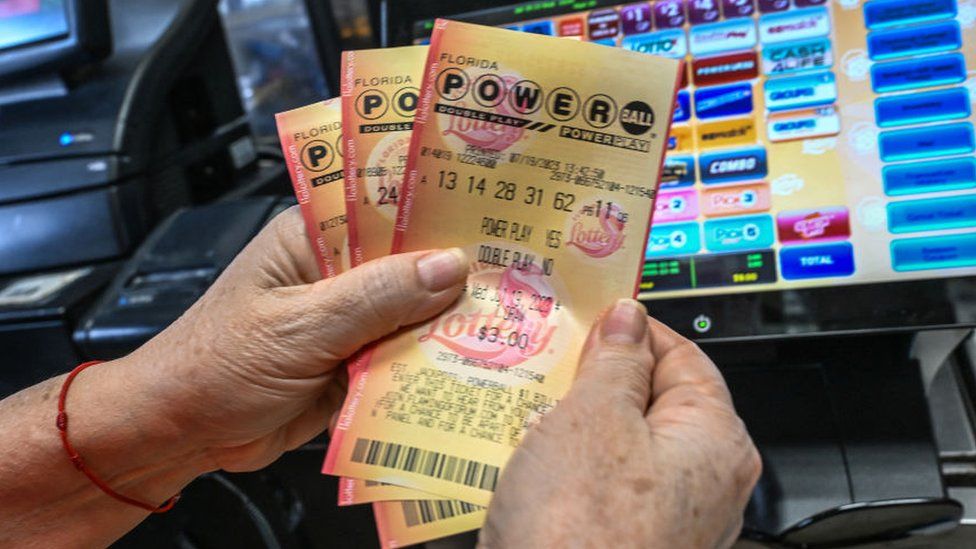Lotteries have long captured the imagination of people around the world, offering a tantalizing glimpse into the possibility of instant wealth and a life transformed. Whether it’s the prospect of winning a massive jackpot or the thrill of beating the odds, 파워볼 have become a ubiquitous part of modern culture. In this article, we’ll delve into the history, mechanics, and the impact of lotteries on individuals and society.
A Brief History:
The concept of lotteries dates back centuries, with some historians tracing their origins to ancient China, where the first recorded lottery was believed to have taken place during the Han Dynasty around 205 BCE. Lotteries have played a role in various societies throughout history, often serving as a means to fund public projects, such as the construction of roads, bridges, and public buildings.
In the 16th century, European countries began to adopt lotteries as a way to raise revenue for the state. These lotteries were not only a source of income but also a means of distributing wealth and providing entertainment for the masses.
Modern Lotteries:
Today, lotteries come in various forms and are conducted by governments, charitable organizations, and even private companies. The most common type is the national or state lottery, where participants purchase tickets and select a set of numbers in the hope of matching them with the numbers drawn during the lottery.


